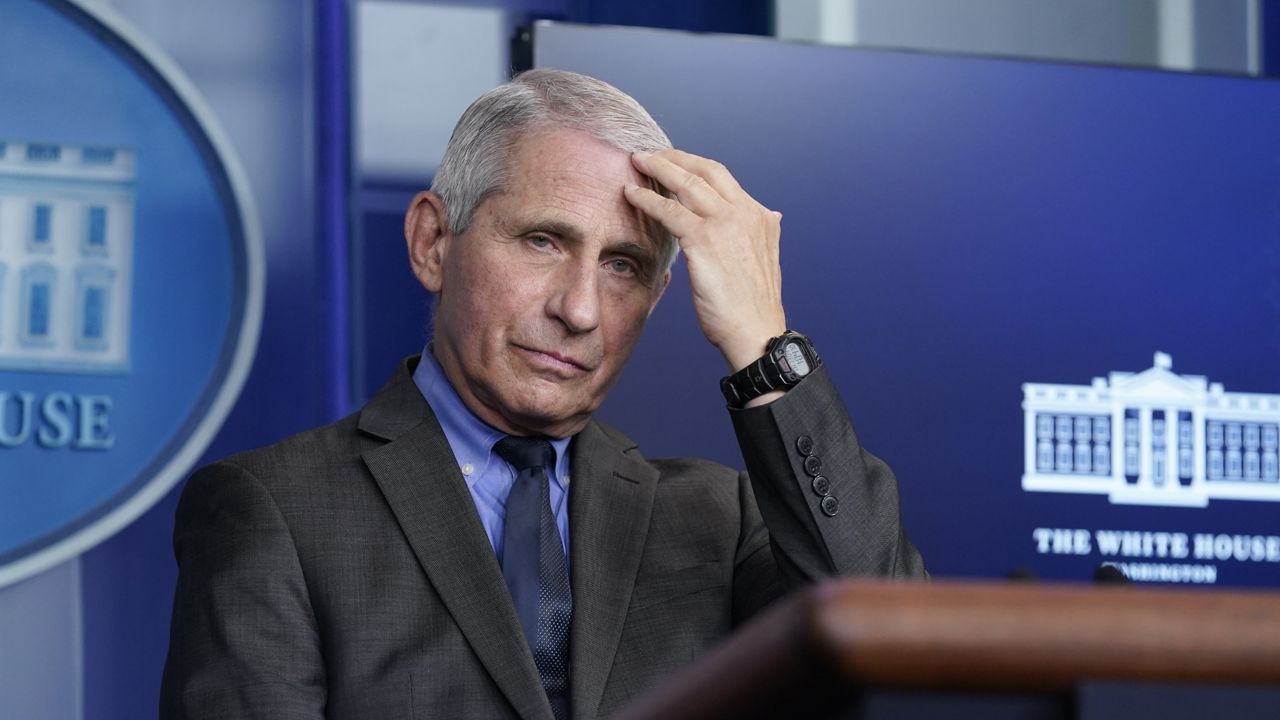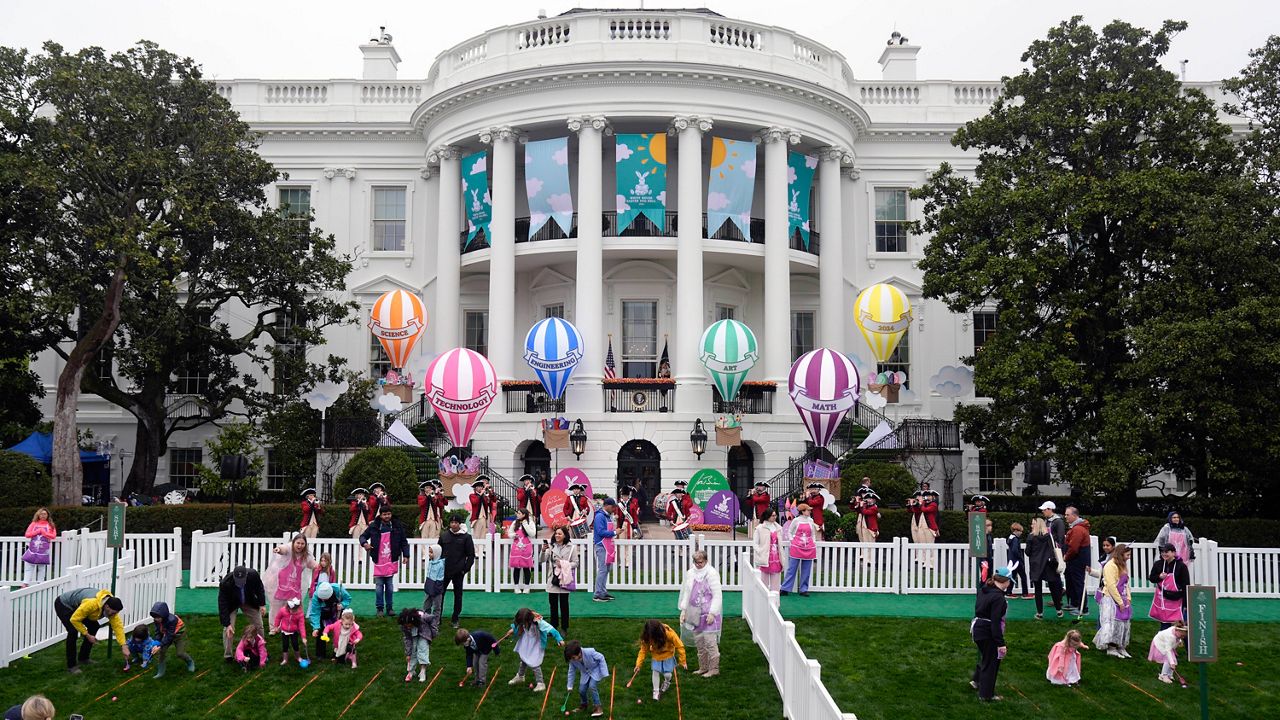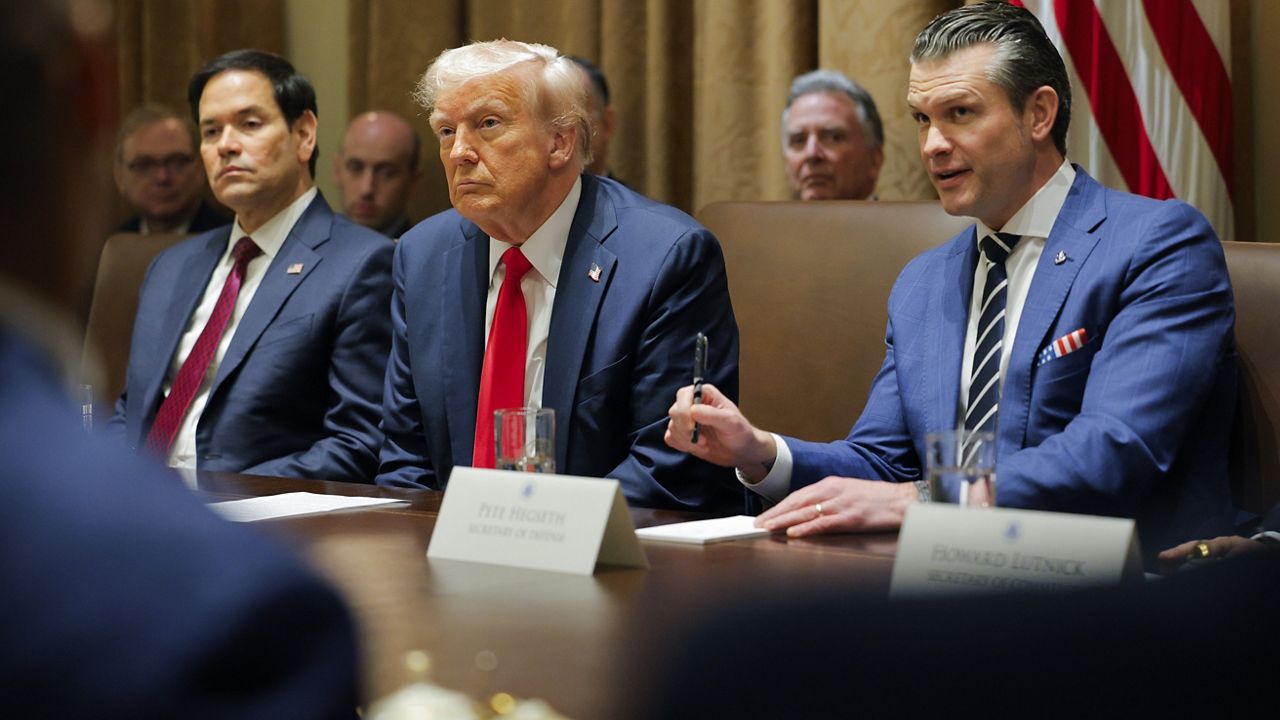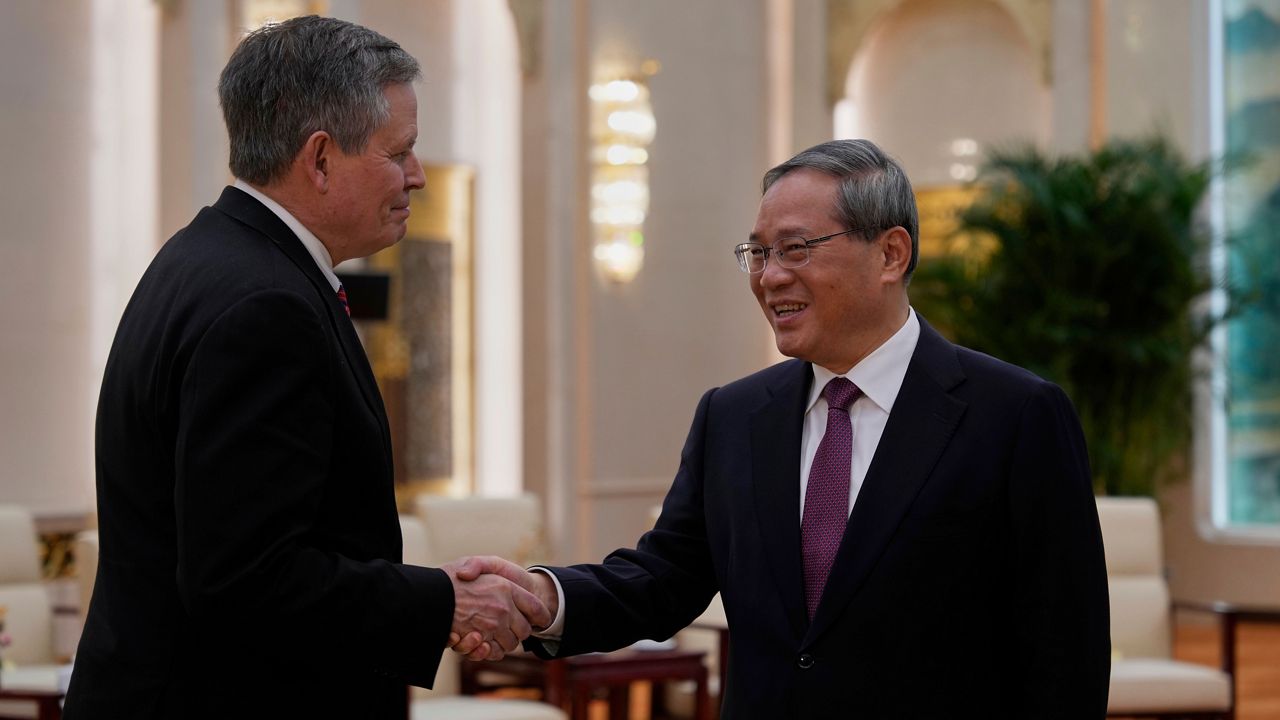Dr. Anthony Fauci knows a thing or two about infectious diseases.
Currently serving as both the head of the National Institute of Allergy and Infectious Diseases (NIAID) and chief medical advisor to the president, the 80-year-old has spent over half a century in public health. He has served as a health advisor to every U.S. president since Ronald Reagan; he was at the forefront of combatting the HIV/AIDS epidemic in the 1980s, and he received the Presidential Medal of Freedom from George W. Bush in 2008.
But the public response to the ongoing coronavirus pandemic is “different than anything I've seen before,” Dr. Fauci said Monday — not due to the nature of the virus, but because of the rampant spread of misinformation and politicization of COVID-19 mitigation measures across the country.
“I’ve had the privilege, I guess, of having been through multiple outbreaks in my position over the last 40 years. And we often compare [the COVID-19 pandemic] with HIV,” Dr. Fauci said during the Greenwall Foundation’s annual William Stubing memorial lecture on Monday evening.
“It's entirely different,” Fauci said of public reaction to government health measures during COVID. “It's unique and I think the uniqueness about it ... has to do with the fundamental feeling of infringement on your own right to make your own choice that has been fortified by political connotations where people want to not wear a mask.”
Dr. Fauci believes a fundamental lack of trust in the government — trust that was already eroding before the onset of the pandemic, he said — contributed in great part to Americans pushing back against public health guidance.
He also said, without evoking the former president by name, that Donald Trump’s claims in early 2020 that the pandemic would magically disappear, coupled with advice from certain officials that hydroxychloroquine was an effective treatment for the virus, forced Americans to choose between two sets advice that were not scientifically equal.
“People are looking at the TV, and they're gonna say, wait a minute, who's right here?” Fauci said of the early days of the pandemic. “You're asking people to make a judgement, like who's right? And it's a false equivalency. If one person says one thing, and the other person says another and you falsely make them equivalent, then your answer is you throw up your hands and say nobody knows what they're talking about.”
Fauci, who served as an advisor to Trump’s White House Coronavirus Task Force, was often seen in the background of Trump’s COVID-19 briefings, which became increasingly rare in the waning days of the administration. Fauci also had the unenviable task of correcting misleading statements from Trump and other administration officials, which led to friction between him and the White House.
The renowned immunologist has become more willing to criticize the previous administration since President Joe Biden took office, and told the New York Times that while he decided he was not “going to proactively go out and volunteer my contradiction of what [then-president Trump] said,” he thought it was important to correct certain statements for the sake of his own integrity.
Fauci himself was — and to some extent, still is — a primary target of misinformation and conspiracy theories, particularly among supporters of the former president, who openly mused about firing Fauci after the two publicly disagreed on aspects of the coronavirus pandemic.
Fauci has been accused of authorizing a grant that was used in a Wuhan lab for gain-of-function research that some GOP lawmakers contended led to SARS-CoV-2 being leaked from the lab (it did not); that he and Facebook CEO Mark Zuckerberg colluded to create a narrative early on in the pandemic (they did not), and that Fauci lied to the American public about the efficacy of masks in early 2020 (he did not).
The last point, Fauci said, can be attributed to the lack of a “high degree of science literacy” among the general U.S. population, saying the changing public health guidance that many Americans find frustrating is actually a good thing. As of 2018, the U.S. ranked 12th in the world for science education among 15-year-olds, according to the National Center for Education Statistics.
“As a scientist, if you don't evolve with the evolving situation, you're not being true to science,” Fauci said, later adding: “And yet, what's happened is that that's been interpreted by some as, scientists don't know what they're talking about … Not realizing that we're evolving with very much an evolving, real-time phenomenon, which happens to be the COVID-19 outbreak.”
While some misinterpretations that can be attributed to ignorance, Fauci said the increasing amount of intentional misinformation scares him more.
Dr. Fauci went on to say this phenomenon of “making everybody's opinion equally valid” foments misinformation, a growing trend that he believes is a “threat to our democracy.”
The octogenarian said he hopes Americans, particularly younger generations, learn to combat misinformation — but right now, the U.S. must put partisan politics aside to focus on fighting its real enemy.
“What we’ve said so often is that you’re forgetting who the enemy is. The enemy is the virus,” Fauci said. “The enemy is not somebody who disagrees with what I want to do or what I feel should be done. The enemy is the virus, and it's just extraordinary how we sort of lost sight of that in many sectors.”








